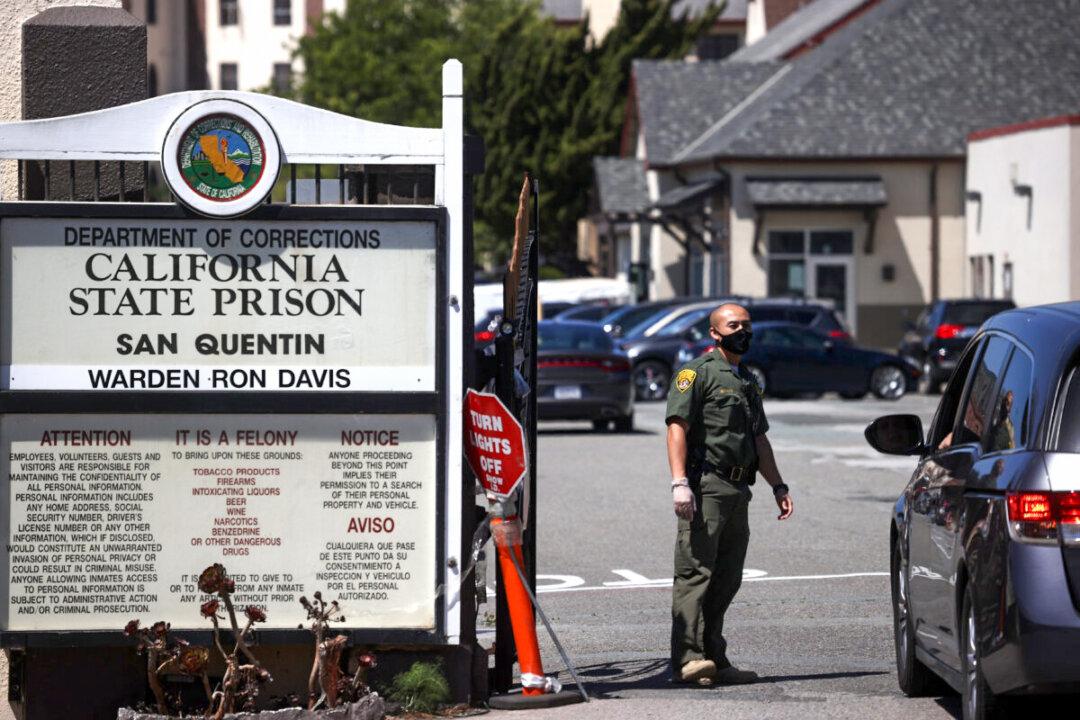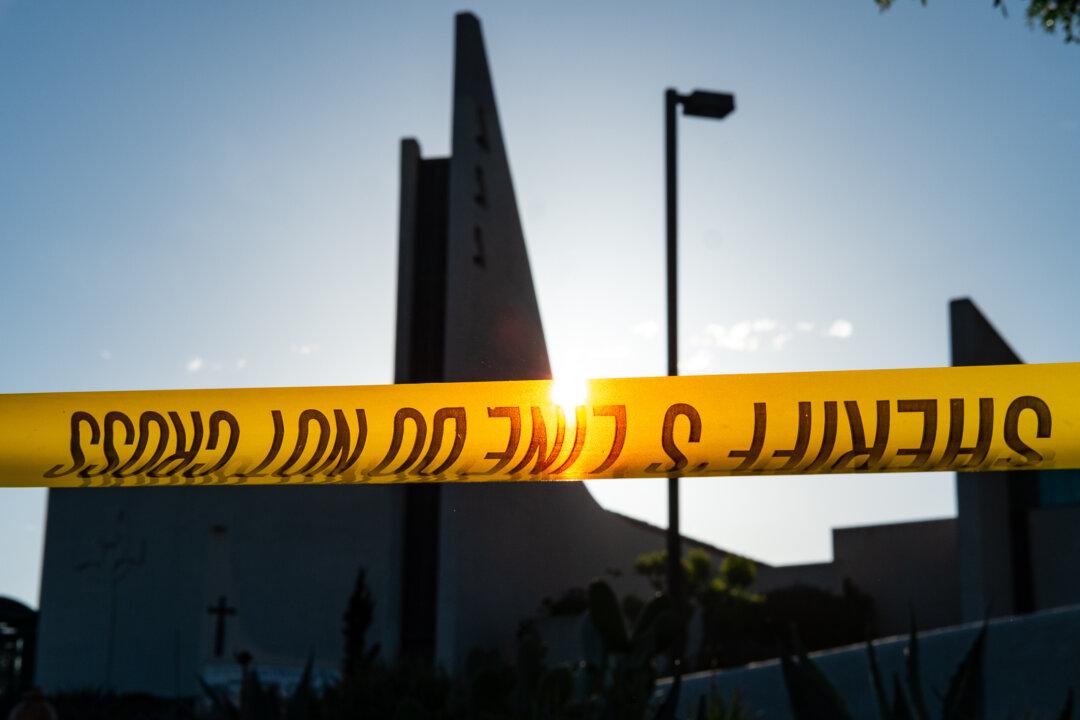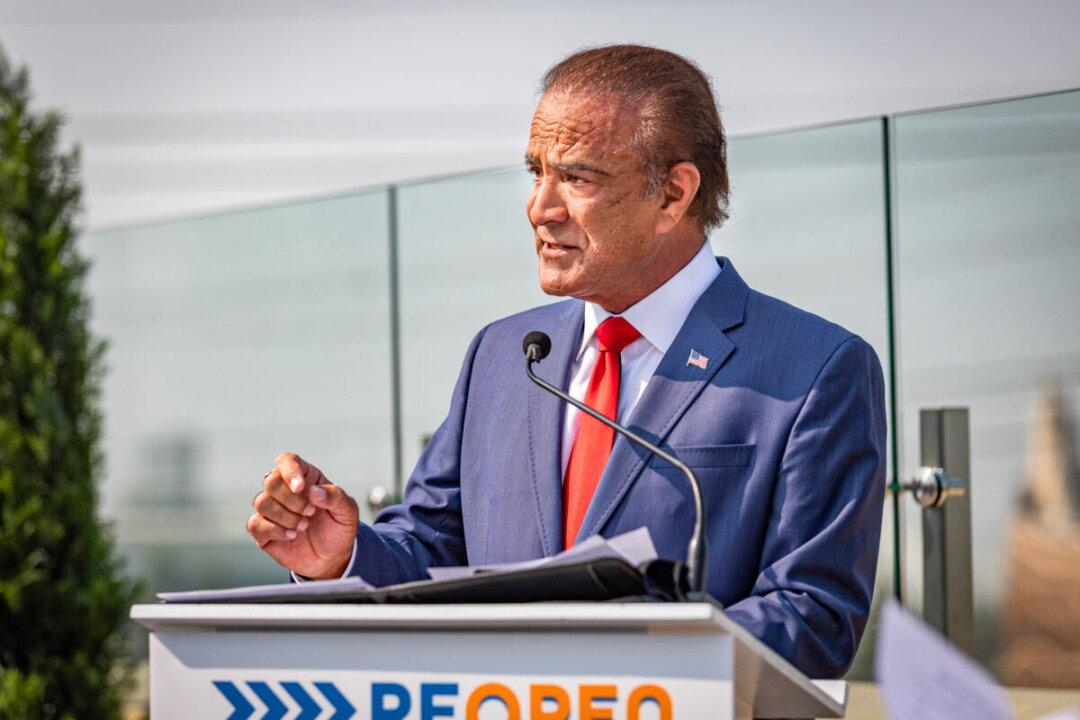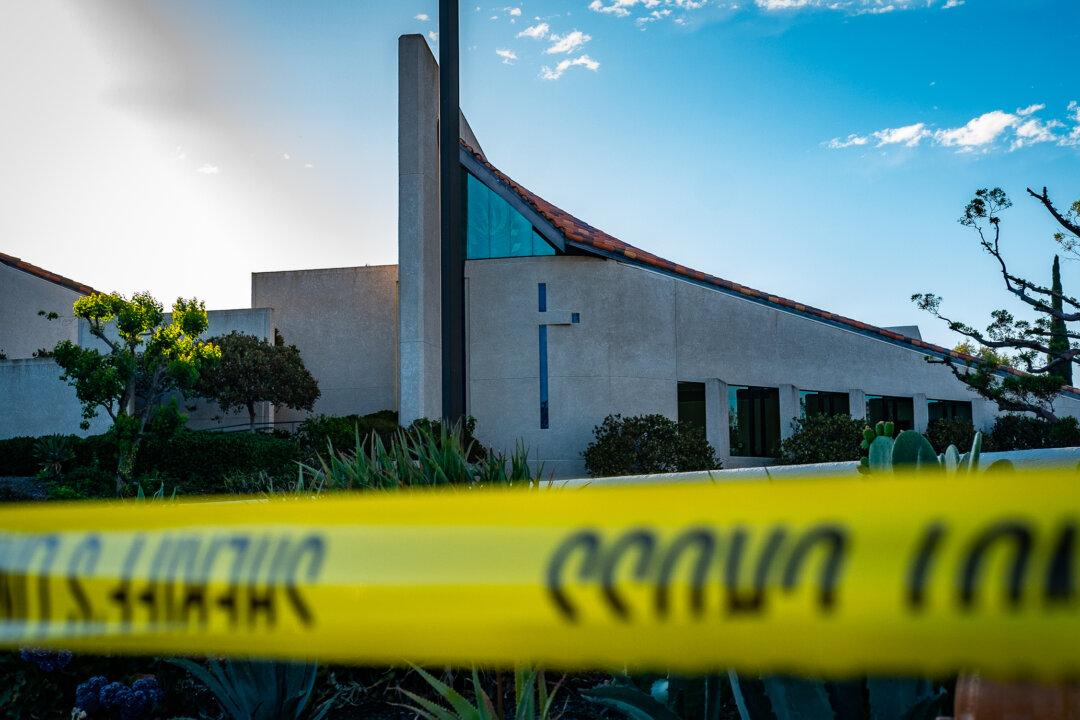As the public hearing for a proposal to expand California’s inmate credits system—a system to release certain inmates early—is coming up on April 14, state Republican lawmakers are urging Gov. Gavin Newsom to have the proposal withdrawn following a deadly mass shooting in Sacramento.
Assembly Members Kevin Kiley (R-Rocklin), James Gallagher (R-Yuba City), and Laurie Davies (R-Laguna Niguel) were among the 15 lawmakers calling for the governor to remove the increase of good conduct credits from the proposal (pdf) by the state Department of Corrections and Rehabilitation system that allows inmates to be released early.




